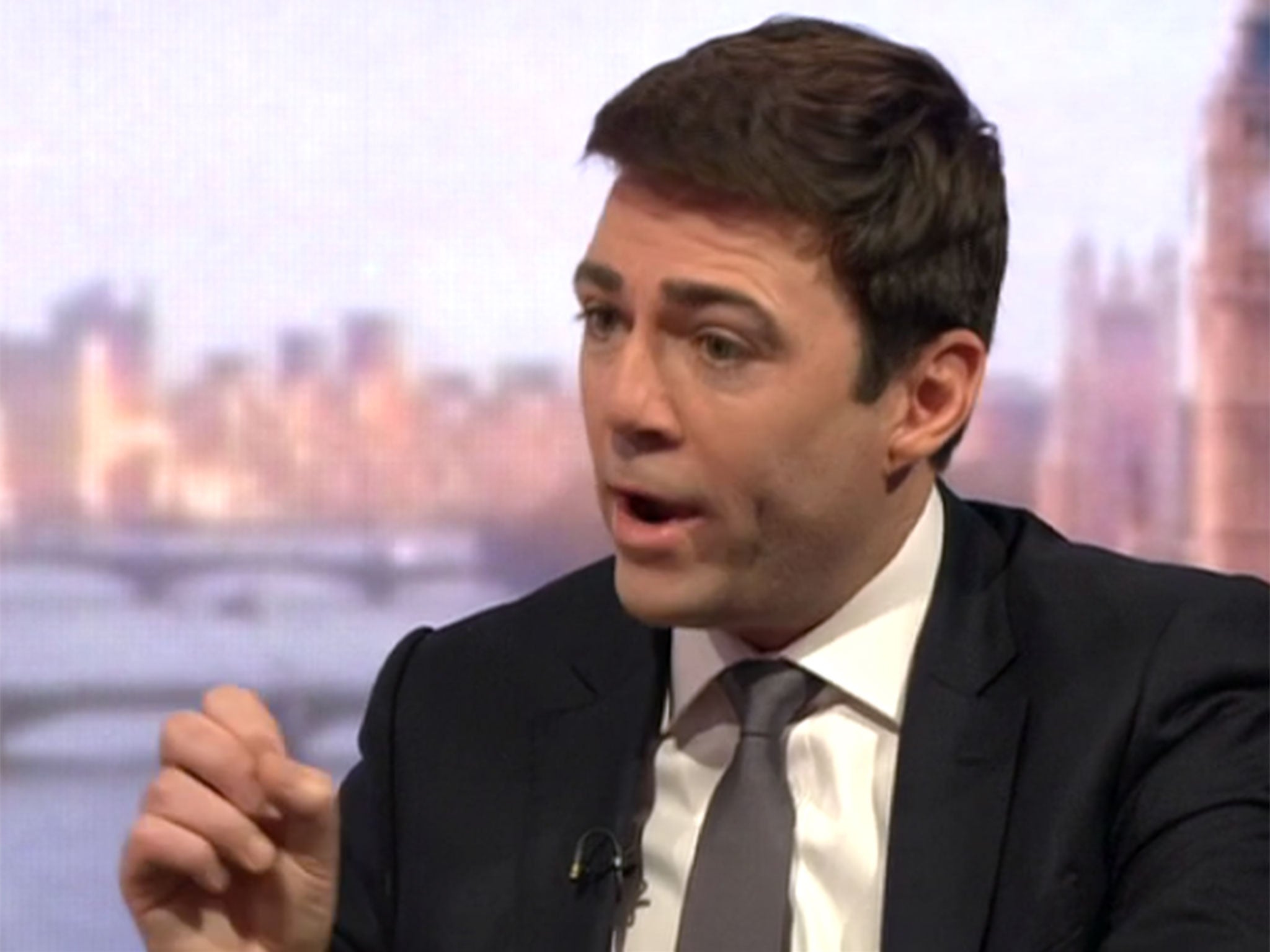Andy Burnham: We can't take Scottish voters for granted if Labour are to regain power
'It’s clear that the road to Downing Street goes through Glasgow'

Your support helps us to tell the story
From reproductive rights to climate change to Big Tech, The Independent is on the ground when the story is developing. Whether it's investigating the financials of Elon Musk's pro-Trump PAC or producing our latest documentary, 'The A Word', which shines a light on the American women fighting for reproductive rights, we know how important it is to parse out the facts from the messaging.
At such a critical moment in US history, we need reporters on the ground. Your donation allows us to keep sending journalists to speak to both sides of the story.
The Independent is trusted by Americans across the entire political spectrum. And unlike many other quality news outlets, we choose not to lock Americans out of our reporting and analysis with paywalls. We believe quality journalism should be available to everyone, paid for by those who can afford it.
Your support makes all the difference.Labour can no longer afford to take Scottish voters for granted if it is to regain power in Britain, Andy Burnham will declare.
On a visit to Edinburgh and Glasgow, the front-runner in Labour’s leadership race will portray himself as the only candidate who can win support for the party in all nations and regions of Britain. “It’s clear that the road to Downing Street goes through Glasgow,” he will say.
After the Scottish National Party tide swept away 40 of Labour’s 41 MPs in last month’s general election, the shadow Health Secretary will say: “For too long, we expected Scottish and northern English 'heartland' voters to turn out for us again and again. That rule no longer applies and indeed never should. The only way back is to listen - to rebuild, from the very beginning, the emotional connection that Labour has lost with millions.”

He will say the fightback must start immediately on the streets of Glasgow as he joins Labour Party workers campaigning ahead of a local by-election.
Mr Burnham will say: “The party I lead will take the fight to nationalism wherever it is found. This is because I have never believed that politics based on borders and division helps the lot of working people. The cause of social justice is better served by solidarity.
"Under my leadership, Labour will be a party with its feet on the ground, genuinely rooted in local communities - taking on the SNP, as well as the Tories and Ukip.”
Mr Burnham will criticise Labour for campaigning alongside the Conservatives in the Better Together campaign which opposed Scottish independence in last September’s referendum. "Never again will Labour stand with the Tories and not with the Scottish people,” he will say. “We won't earn people's trust if we continue to sound like a party that is trapped in the Westminster bubble and speaking in a political code - a lesson that's as valid in Southampton as in Scotland. Labour needs a leader people can relate to, with a voice that can carry into homes in all corners of the UK and that is what I can provide.”
Mr Burnham believes that one lesson from the Scottish referendum is that Labour must run its own “Yes to Europe” campaign before the public votes on whether the UK should remain in the European Union.
But some Labour MPs believe this would undermine the umbrella all-party campaign im favour of British membership. They argue that Mr Burnham and fellow MPs representing the North of England are wrong to blame Labour’s election in rout in Scotland on the independence referendum and claim they are “spooked” by Ukip, which came second in many seats in the North.
Liz Kendall, the Blairite candidate in the leadership election, believe Labour should take part in the broad campaign, as well as running its own effort.
But four of the five potential Labour candidates would not share a platform with David Cameron in the EU referendum. The only one who would is Mary Creagh, the shadow International Development Secretary.
Mr Burnham has won 55 nominations from Labour MPs since the process began on 9 June. Yvette Cooper, the shadow Home Secretary, has received 43 and Ms Kendall, the shadow Care Minister, has won 36. Jeremy Corbyn, a left-wing backbencher, has 12 and Ms Creagh has six. Candidates need the support of 35 MPs to get on the ballot paper by the time nominations close on 15 June.
Join our commenting forum
Join thought-provoking conversations, follow other Independent readers and see their replies
Comments